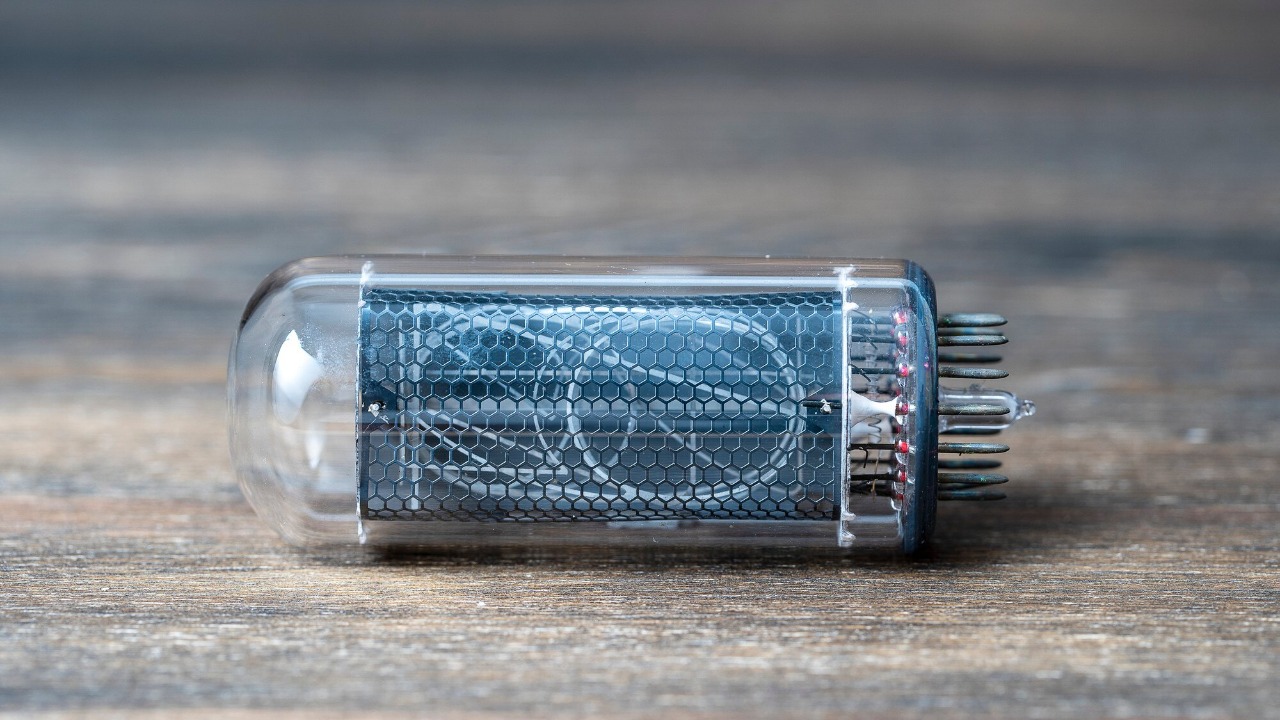
A recent innovation in the form of a tiny supercapacitor is set to revolutionize the hybrid car industry. This diminutive device promises to enhance the efficiency and performance of hybrid vehicles by offering rapid charge-discharge cycles and an extended lifespan, potentially reducing dependence on traditional batteries. This breakthrough is being hailed by engineers and researchers as a significant step towards making hybrid vehicles more responsive and sustainable for everyday use.
What Are Supercapacitors?
Supercapacitors, also known as electrochemical capacitors, store energy electrostatically, setting them apart from conventional batteries that rely on chemical reactions. This difference allows supercapacitors to handle high power densities, making them ideal for applications that require quick energy delivery. The core components of a supercapacitor, including electrodes and electrolytes, enable this rapid energy transfer.
One such example of this technology is the tiny supercapacitor, a miniaturized design that can be seamlessly integrated into vehicle architectures without adding significant weight. This compact design is a testament to the advancements in energy storage technology and its potential applications in the automotive industry.
The Role of Supercapacitors in Hybrid Vehicles
In hybrid vehicles, supercapacitors play a crucial role in capturing and storing energy generated during regenerative braking. This energy is stored instantly and can be reused immediately during acceleration, enhancing the vehicle’s efficiency. The supercapacitor acts as a bridge between the engine and the electric motor, ensuring smoother power transitions and improved performance.
Given the rapid advancements in hybrid technology, the potential for supercapacitors to enhance fuel efficiency, particularly in urban driving scenarios, is significant. This technology could revolutionize the way we perceive and use hybrid vehicles, making them a more viable and sustainable option for everyday commuting.
Advantages Over Traditional Batteries
Supercapacitors offer several advantages over traditional batteries. One of the most notable is their superior cycle life. Unlike lithium-ion batteries that lose capacity over time, supercapacitors can endure millions of charge-discharge cycles without degradation. This longevity makes them a more reliable and sustainable option for energy storage in hybrid vehicles.
Another significant advantage is their quick charging capabilities. Supercapacitors can regain energy in seconds rather than minutes, improving the overall responsiveness of the vehicle. Furthermore, they have a reduced environmental impact due to their recyclable materials and lower reliance on rare earth elements, positioning the tiny supercapacitor as a greener alternative to traditional batteries.
Development Challenges and Innovations
Despite their advantages, supercapacitors do have limitations. One of the main challenges is their lower energy density compared to batteries, meaning they store less total energy. To overcome this, hybrid systems often combine supercapacitors and batteries to balance power and capacity, resulting in optimal performance.
Research into hybrid supercapacitor-battery setups is ongoing, with cutting-edge prototypes demonstrating promising results. The recent innovation of the tiny supercapacitor is a testament to the progress made in overcoming space constraints in compact hybrid designs, as reported on November 5, 2025.
Real-World Applications in Hybrid Cars
Supercapacitors are already being incorporated into prototype hybrids for stop-start systems, reducing engine idling and emissions. This application demonstrates the practical benefits of supercapacitors in real-world scenarios, contributing to a more sustainable automotive industry.
Performance benefits such as instantaneous torque delivery make hybrids equipped with supercapacitors feel more like full electrics without the associated range anxiety. Examples from the hybrid tech revolution show how this tiny component can enhance acceleration and hill-climbing capabilities, further demonstrating the potential of supercapacitors in hybrid vehicles.
Future Prospects for Supercapacitor Adoption
Looking ahead, it is predicted that supercapacitors will be widely integrated into mainstream hybrids by the late 2020s. This trend will be driven by reductions in manufacturing costs, making supercapacitors a more affordable option for vehicle manufacturers.
The implications of supercapacitor adoption extend beyond hybrid vehicles. There is potential for supercapacitors to be used in fast-charging infrastructure for electric vehicles, further enhancing their viability and convenience. As the automotive industry continues to evolve, we can expect to see significant shifts in supply chains, with supercapacitor producers likely to gain prominence.
More from MorningOverview